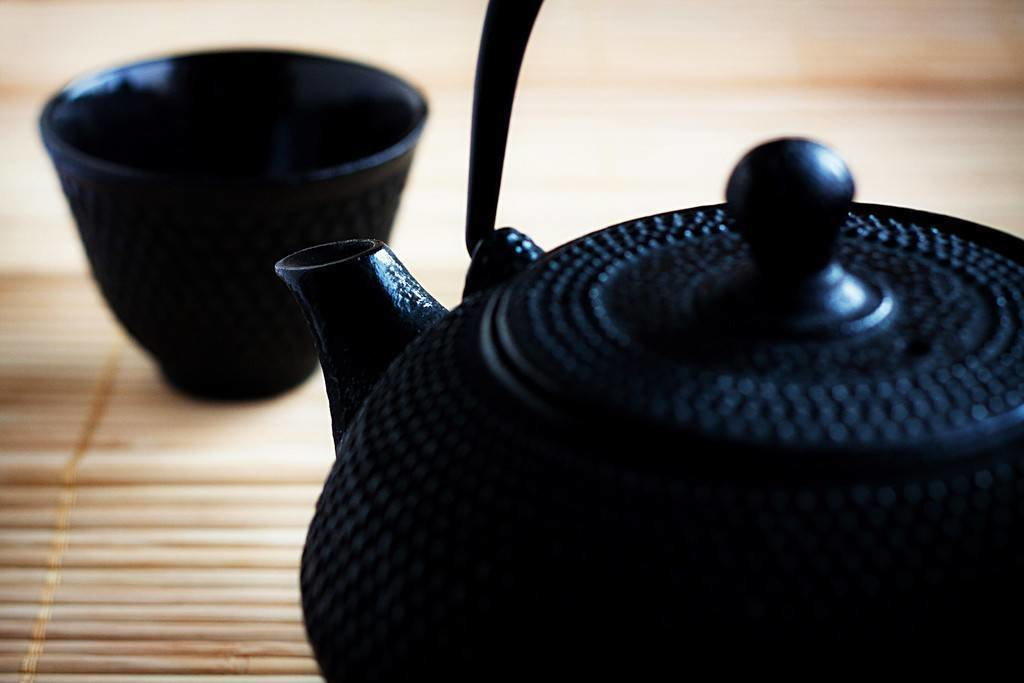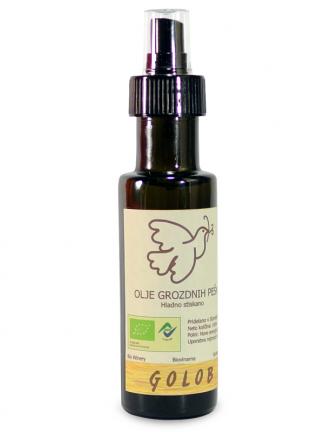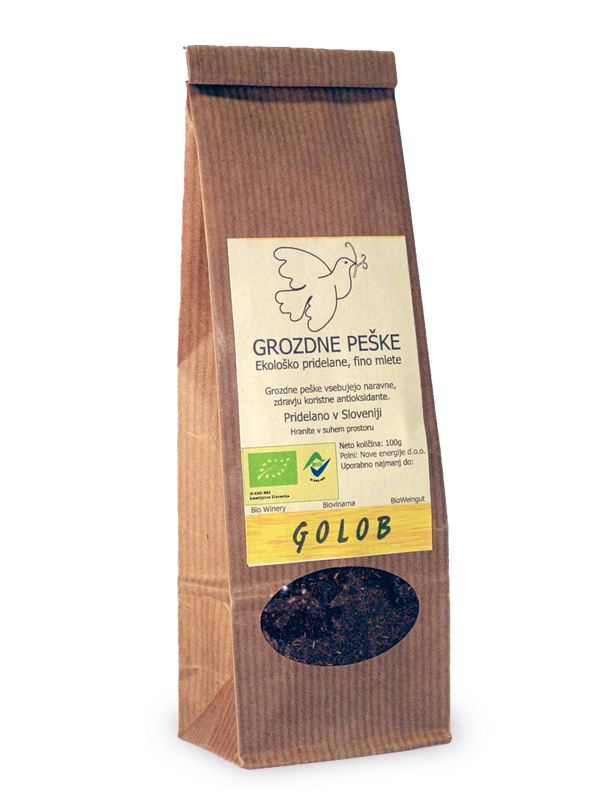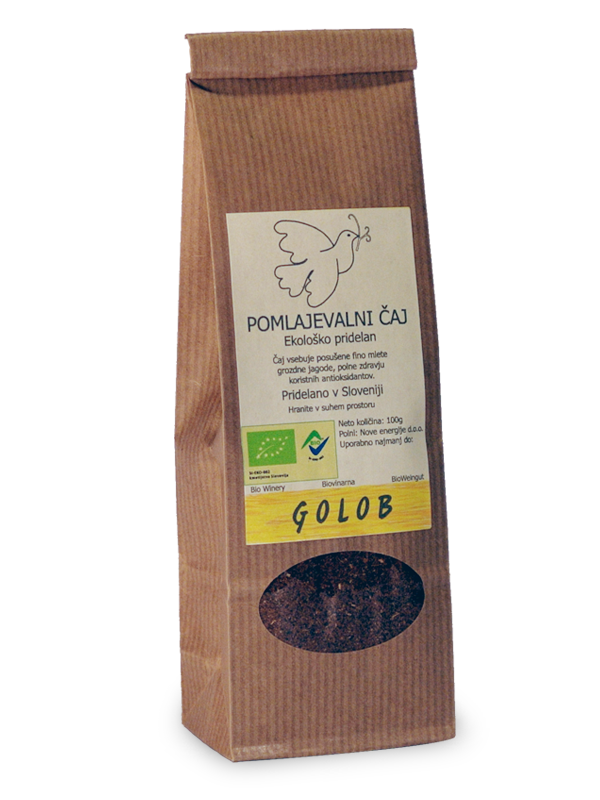 Last Updated on
Last Updated on Grape seeds contain an abundance of organic chemicals called polyphenols, which have proven to be extremely effective in promoting good physical and mental health in humans. These polyphenols include flavonoids, linoleic acid, vitamin E and phenolic OPCs (oligomeric proanthocyanidins), among various other beneficial phytochemicals. Due to their role as antioxidants in the body, these substances have demonstrated anticancer, cardio-protective, anti-inflammation, anti-aging and anti-microbial activities when used in recommended doses. This article will investigate how polyphenols are extracted from grape seeds and how we can make use of these wonderful extracts in our own homes.
The extraction or manufacturing process is the main difference between the varieties of grape seed extracts available on the market today. Each one of these extraction processes possesses its own unique set of pros and cons which can have an effect on potency, composition, cost, manufacturing yield, etc. Though specific details of these procedures are usually regarded as proprietary information, there are two fundamental approaches: 1) solvent extraction and 2) water and ethanol extraction. Solvent extraction incorporates the use of one or more organic solvents such as methylene chloride, acetone or toluene to remove and separate the phenolic OPCs from the grape seeds. Finally, the organic solvents are recovered and the resulting concentrate faces the option of either being vacuum dried or spray dried and ground to the desired specifications.
According to the Grape Seed Method Evaluation Committee (under the direction and support of the National Nutritional Foods Association, USA):
Similar manufacturing procedures are employed in some water and ethanol processes, while others involve complex filtration, concentration and purification steps. Although water and ethanol may be used in a “solvent extraction” process, the term “water and ethanol extraction” should be reserved for processes that use only water and ethanol, and do not use any other organic solvent.
Grape seeds can also be used to make a delicious tea for health conscious individuals and families. It may be brewed from whole or ground grape seeds, in a method similar to making fresh mint or green teas. Studies show that grape seeds steeped in hot water at 90 degrees Celsius for a duration of 10 minutes, led to an increase in the extraction yield of tea polyphenols in comparison to lower temperatures. However, grape seed teas brewed at 80 degrees Celsius provided a better quality of tea, due to the presence of fewer undesirable compounds which are released from the grape seeds at temperatures of 90 degrees Celsius or higher. It is recommended that the water be heated to at least 50 degrees Celsius and that the tea is allowed sufficient heating time in order to facilitate the release of health promoting antioxidants such as catechin and epicatechin.
Truly, grape seed tea is a remarkable beverage with numerous bioactivities that can benefit just about anyone. Not only is the making of the tea an easy and effective way to extract the health promoting polyphenols from the seeds, it also eliminates the use of expensive organic solvents and is much more eco-friendly. If you are eager to improve your health by making a few simple lifestyle adjustments while still protecting the environment, then the consumption of homemade grape seed tea is definitely the way to go.
References
http://www.isfae.org/scientficjournal/2003/issue2/pdf/Food&Health/j2-food-33.pdf
http://www.activin.com/testing%20white%20paper__.html
http://www.omicsonline.org/2157-7110/2157-7110-3-152.pdf
http://www.cosmeticsandtoiletries.com/research/techtransfer/2776126.html
Image courtesy of Nomadic Lass


